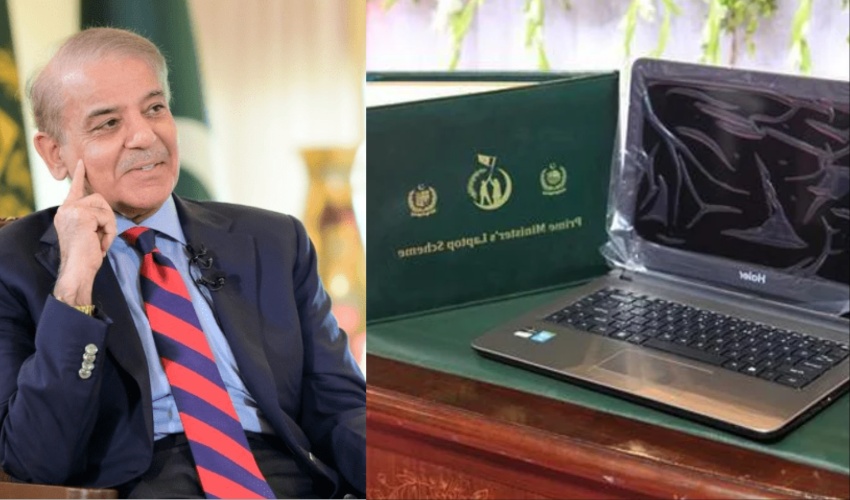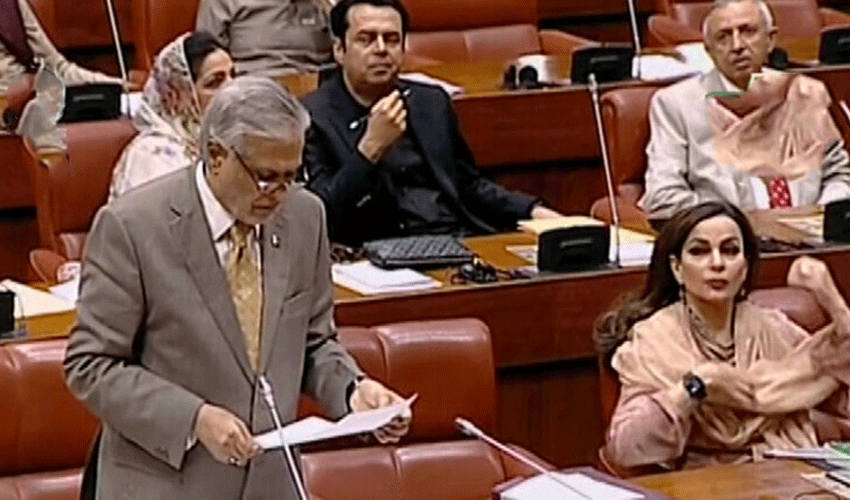Global credit rating agency Fitch Ratings has upgraded Pakistan’s long-term sovereign credit rating from ‘CCC+’ to ‘B-’, while also declaring the country's economic outlook as stable in a significant boost to Pakistan’s economic credibility.
The upgrade comes after a gap of three years and reflects improving macroeconomic indicators, fiscal discipline, and structural reforms underway in the country.
In its detailed report, Fitch highlighted that Pakistan’s fiscal deficit has reduced and the government is actively pursuing structural reforms. It noted that the country has performed well on IMF targets, particularly in areas such as foreign exchange reserves, primary surplus, and fiscal consolidation.
According to Fitch, Pakistan’s primary surplus is expected to exceed 2% of GDP in the current fiscal year, while the fiscal deficit is likely to remain at 6%, down from 7% in the previous year. In the medium term, this deficit is projected to narrow further to 5%. The agency added that the debt-to-GDP ratio also improved significantly, dropping to 67% in FY2024 from 73% in FY2023, with expectations of a gradual decrease in the coming years.
Fitch pointed out that despite tax revenues falling short of targets, largely due to lower-than-expected inflation and reduced imports, the shortfall is being covered through spending cuts and provincial surpluses. The State Bank of Pakistan’s profit also surged by 2% following interest rate adjustments.
On the inflation front, the rating agency stated that average inflation is expected to fall to 5% in the current fiscal year, down from 20% last year. However, it could rise again to 8% in the next fiscal year, driven by energy price reforms.
The report forecasts 3% GDP growth for the current fiscal year, slightly below the government's target of 3.6%. It also noted that remittances and favourable import prices have supported the current account, which recorded a $700 million surplus during the first eight months of the fiscal year.
Despite these positives, Fitch cautioned that global trade tensions may impact Pakistan’s exports, especially textiles, which form the bulk of its exports to the US.
Finance Minister Muhammad Aurangzeb welcomed the upgrade, calling it “a strong vote of confidence” in the government's economic reforms and policies. He stated that this development will open the door for increased investment, trade, employment opportunities, and industrial growth.
Prime Minister Shehbaz Sharif also expressed satisfaction, saying the improved rating reflects global confidence in Pakistan’s economy and underscores the government's tireless efforts to steer the country toward economic stability and development.


























